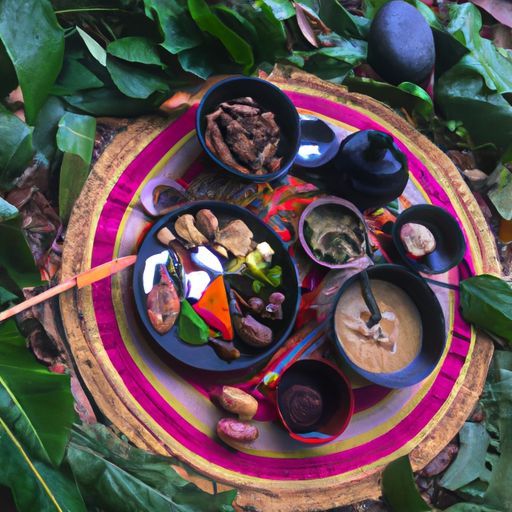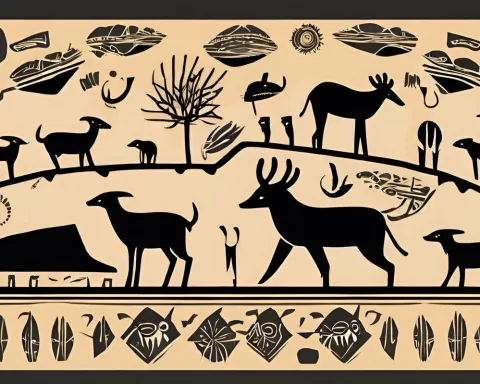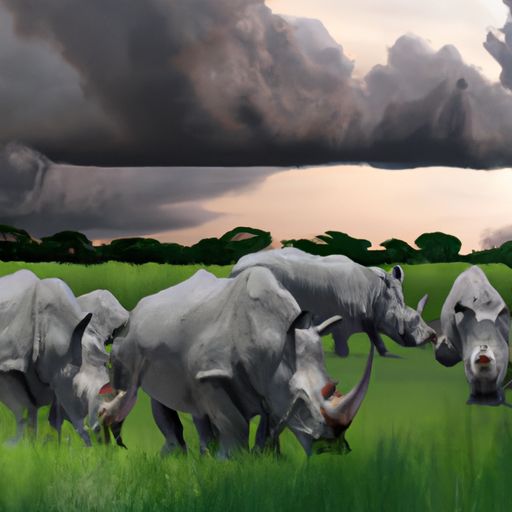South Africa’s food system is in crisis. Once a country that produced abundant food, today, it faces severe challenges in providing access to healthy and nutritious foods for its people. The food system is plagued by inequalities rooted in colonialism and capitalism, with most of the population unable to afford a healthy diet.
Historical Roots of the Food Crisis
The problem of food injustice in South Africa is nothing new. It had its roots in the earliest days of colonialism when European settlers began seizing the land and resources of the indigenous Khoi and San people. Throughout the centuries, colonialism brought industries that relied on large-scale agriculture for domestic and international markets. This led to the displacement of indigenous people, who lost access to land where they had gathered, hunted, farmed, and herded cattle.
Under colonial rule, indigenous food was denigrated and displaced by European crops and eating habits. This has continued, with traditional foods often seen as backward or impoverished. In addition, the skewed distribution of agricultural land reflects colonial and apartheid patterns of white ownership, with most of the best products being exported to Europe. In contrast, most South Africans cannot afford to meet their nutritional requirements.
The Call for Decolonisation
The call for decolonizing food systems is growing globally, with indigenous peoples around the world leading the way. This approach involves shifting from a capitalist, profit-driven food system to one based on values such as collectivity, reciprocity, kinship with the natural world, spirituality, and respect for the land. For example, in indigenous food systems, people often worked collectively, held rituals to express their gratitude for the harvest, and understood the importance of taking only what was needed and leaving enough for other people, animals, and plant survival.
Decolonization of the food system requires a fundamental shift in the way we view food. It involves moving away from the commodification of food, where it is treated like any other product to be bought and sold, to a perspective that values food as a basic human need that should be available to all. It also requires a shift in the way we think about the land, moving from a view of it as a resource to be exploited to a picture of it as a living entity that we are part of and have a responsibility to care for.
Reconnecting with Indigenous Foodways
Reconnecting with indigenous foodways is an essential aspect of decolonizing the food system. Elders who still know traditional foodways can help us learn more about indigenous ingredients and conventional ways of gathering, producing, preparing, and eating food. By doing so, we can reconnect with the worldview and values underpinning indigenous food systems.
In conclusion, the food crisis in South Africa has deep roots in colonialism and capitalism. Addressing this crisis requires shifting how we view food, the land, and our place in the world. Decolonizing the food system requires us to move away from the commodification of food and towards a perspective that values food as a basic human need that should be available to all. Reconnecting with indigenous foodways is an essential step in this process, as it helps us to learn from and honor the traditions of those who came before us.












